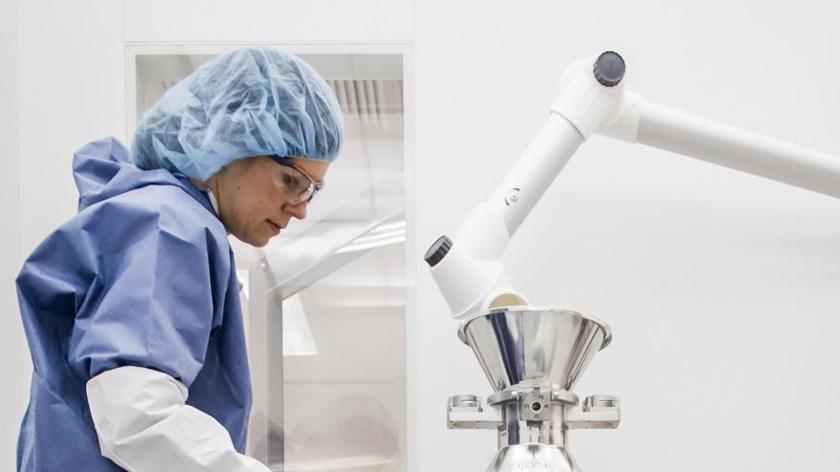5 reasons AZ may be siting its new plant in Ireland, not UK

AstraZeneca's revelation in its fourth-quarter results update - that it had decided to build a new $360 million manufacturing facility in Ireland, rather than its home territory of the UK - didn’t come out of the blue.
The drugmaker has been making noises for some time that the UK is in danger of losing its standing as a good place for life sciences companies to invest, undermining the government's ambition to make the country a "superpower" in the sector.
Its plans for the new-build factory in Ireland were actually announced in 2021, but what emerged in remarks made by chief executive Pascal Soriot yesterday was confirmation that the original plan had been to build it near AZ's existing manufacturing hubs in Warrington and Speke in the northwest of England.
At the time, there was media speculation that the switch was a consequence of the disruption associated with Brexit, or even the UK's decision to offer the Pfizer/BioNTech COVID-19 vaccine, instead of the AZ shot in its booster campaign plans, but Soriot revealed that the reasons were far more mundane – and worrying for the UK pharma industry.
Here are the five main reasons believed to be contributing to the move:
1) Corporate tax rates
Ireland has offered tax incentives to drugmakers willing to invest in manufacturing within its borders for many years, but that hasn’t stopped AZ building plenty of new facilities in the UK. Now, however, the difference in corporate tax rates between the two countries is becoming hard to ignore. Ireland's rate currently stands at 12.5%, which compares to 19% in the UK. The latest budget means that UK rate will nevertheless rise to 25% in April, although that is far from the whole picture.
2) The VPAS agreement
Like many of its peers in the UK pharma sector, AZ is deeply unhappy about the Voluntary Scheme for Branded Medicines Pricing and Access (VPAS) introduced in 2019, designed to provide a guarantee that the NHS will not spend more than 2% more a year on branded medicines, with the industry returning any spending beyond the cap in the form of a levy. The repayment percentage has spiralled up since the pandemic from around 7% of revenues to 26.5% in 2022, causing two of AZ's peers – AbbVie and Eli Lilly – to exit the scheme altogether, claiming it is no longer fit for purpose.
3) Super-deduction coming to an end
Also in April, the UK's super-deduction framework – which allows companies to cut their tax bill by up to 25p for every £1 they invest – is coming to an end. That covers new plant and machinery that would ordinarily qualify for the 18% write-down rate. Hailed as an important new innovation when it was first introduced, its demise has been described as a backwards step by a government seeking to encourage investment.
4) Access to green energy
One other factor in favour of Ireland is its ongoing efforts to provide access to green energy: an increasingly important consideration for pharma groups trying to reduce their environmental impact. The country has a legally binding obligation to net-zero emissions no later than 2050, and to a 51% reduction in emissions by the end of this decade. Meanwhile, the UK has been accused of backtracking on incentives. For example, by imposing the electricity generator levy (EGL), which raises taxes on renewable energy suppliers without the reliefs afforded to oil and gas companies.
5) Access to clinical trials
Finally, Soriot and others in the pharma industry are concerned about the direction of travel in the UK's clinical research capabilities, as the NHS comes under increasing pressure. Back in 2021, there were already signs that the sector was recovering more slowly from the pandemic in the UK compared to other European countries, and last year it was reported that there was a sharp decline (41%) in clinical trials initiated by the UK in the period 2017 to 2021.
Commenting on the news, Richard Torbett, chief executive of the Association of the British Pharmaceutical Industry (ABPI), told the BBC Today programme this morning that there is a mismatch between the government's Life Sciences Vision, which is "really good", and the trends in the industry, which are going in the wrong direction on manufacturing, clinical trials, and global share in R&D.
While there is great potential still in the sector, he said, at the moment "there are more stories about losing investment, like the one we have seen with AstraZeneca, than the positive stories coming in," alluding to announcements by mRNA companies Moderna and BioNTech.













